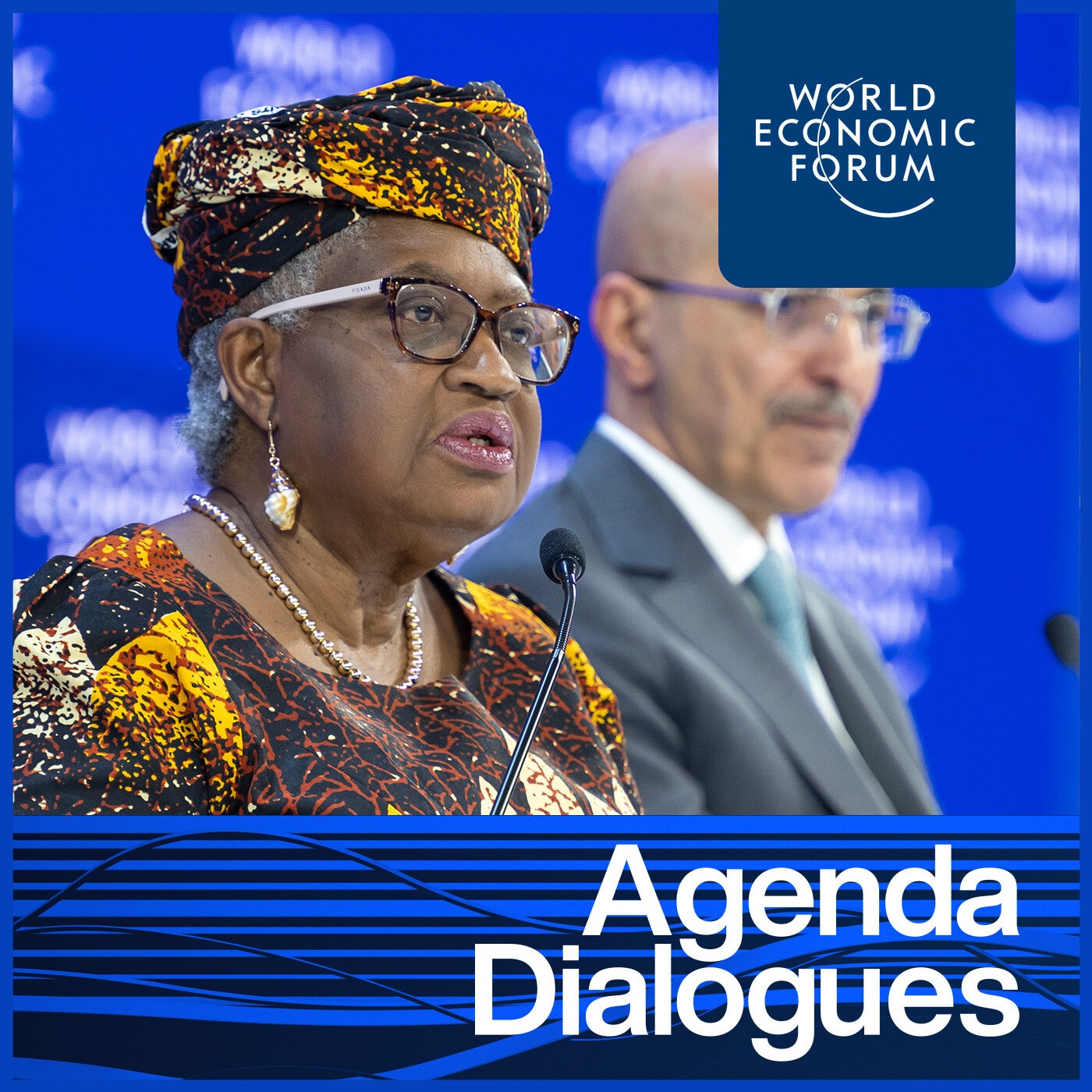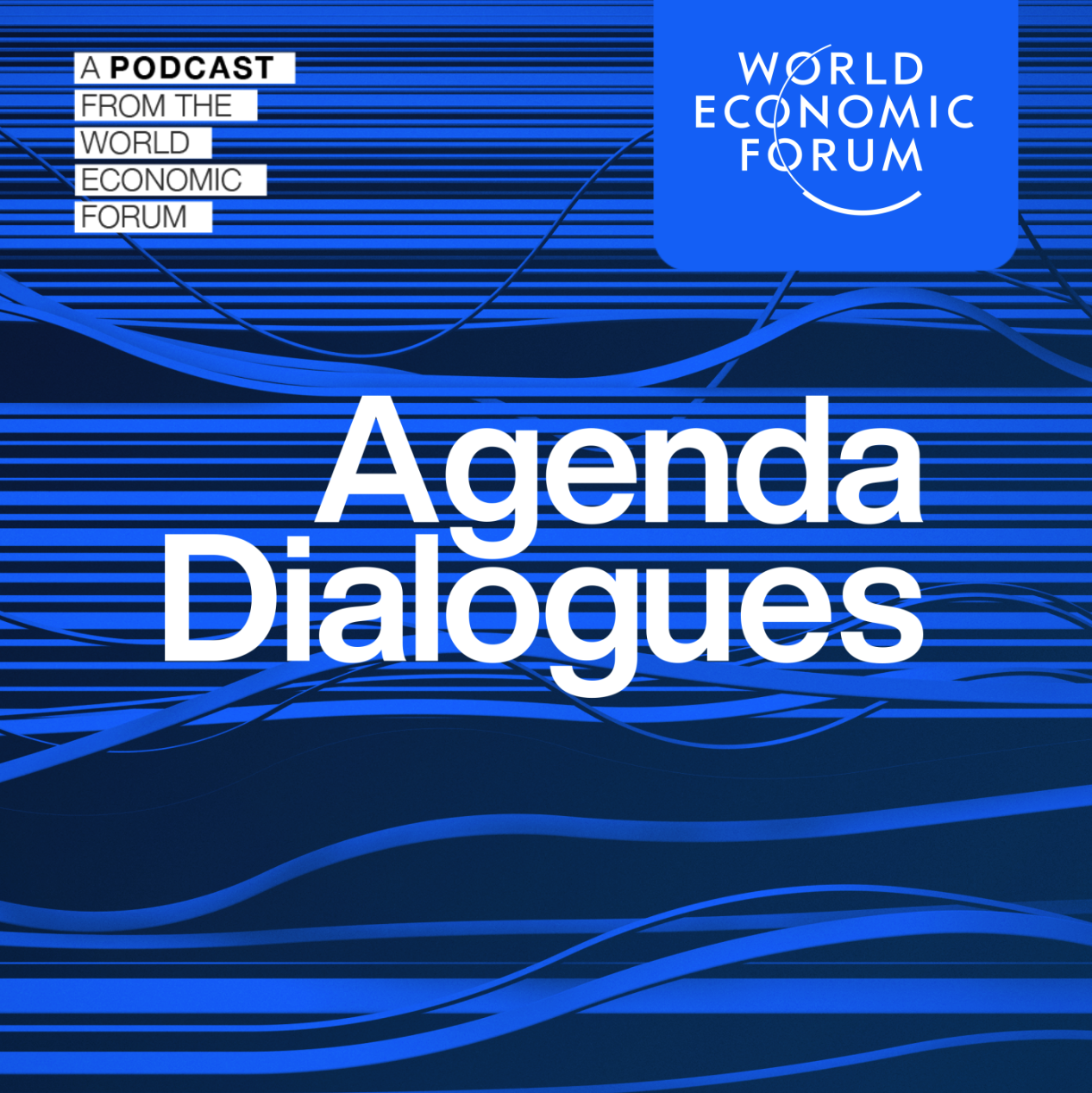Agenda Dialogues
Davos 2026: AI Power Play, No Referees
Leading AI nations are racing to preserve dominance while new contenders rise and others struggle to break dependence on foreign capabilities. As alliances reshape the balance of power, how is AI redefining the path to economic growth and global influence? This is the full audio from a session at the Annual Meeting 2026 in Davos.
聴き始める
47 mins
特集エピソード:
These podcasts bring you the audio from World Economic Forum events, including the Annual Meeting in Davos.
すべてのエピソード:
並べ替える:
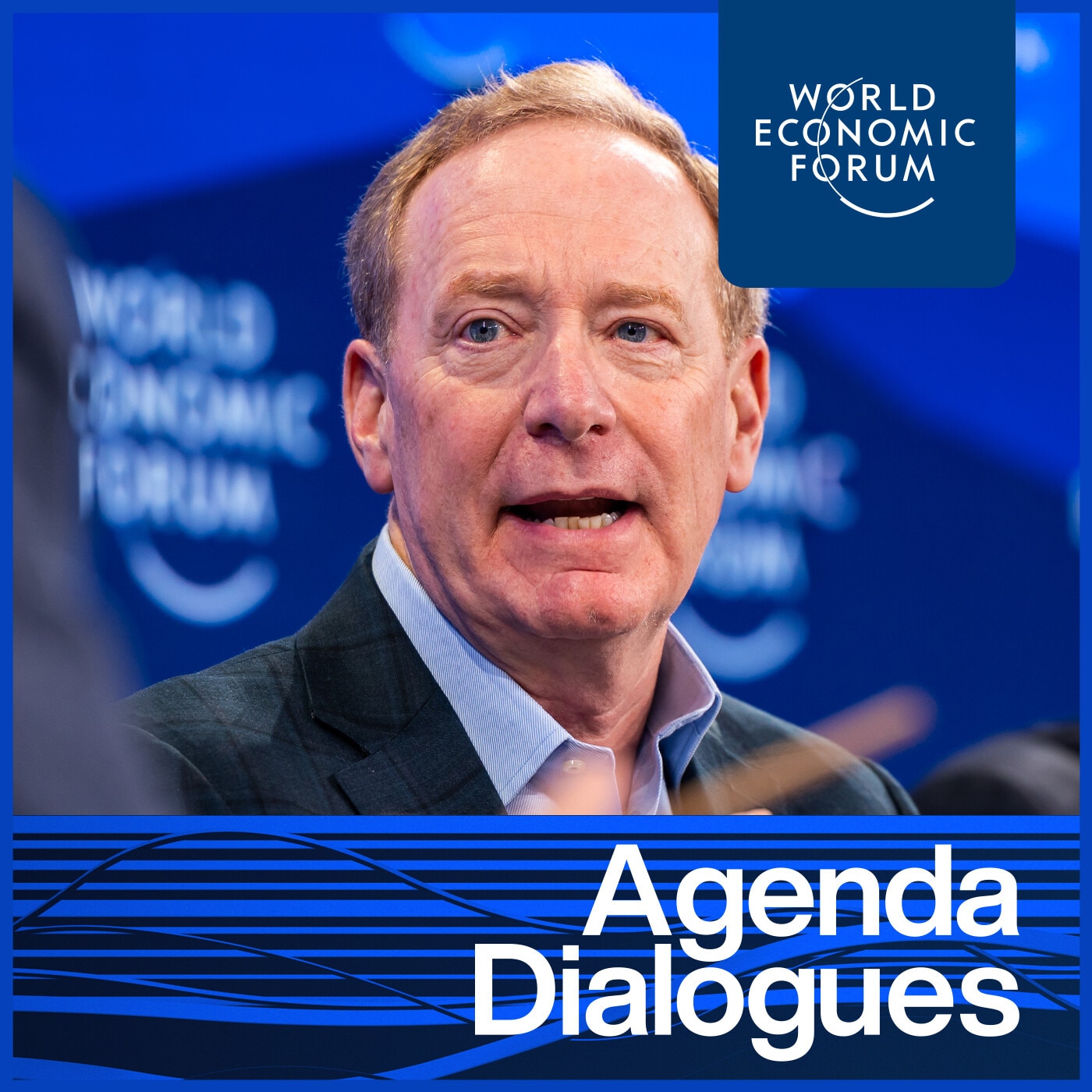
Davos 2026: AI Power Play, No Referees
• 47 mins
Leading AI nations are racing to preserve dominance while new contenders rise and others struggle to break dependence on foreign capabilities. As alliances reshape the balance of power, how is AI redefining the path to economic growth and global influence? This is the full audio from a session at the Annual Meeting 2026 in Davos.
• 47 mins
Leading AI nations are racing to preserve dominance while new contenders rise and others struggle to break dependence on foreign capabilities. As alliances reshape the balance of power, how is AI redefining the path to economic growth and global influence? This is the full audio from a session at the Annual Meeting 2026 in Davos.
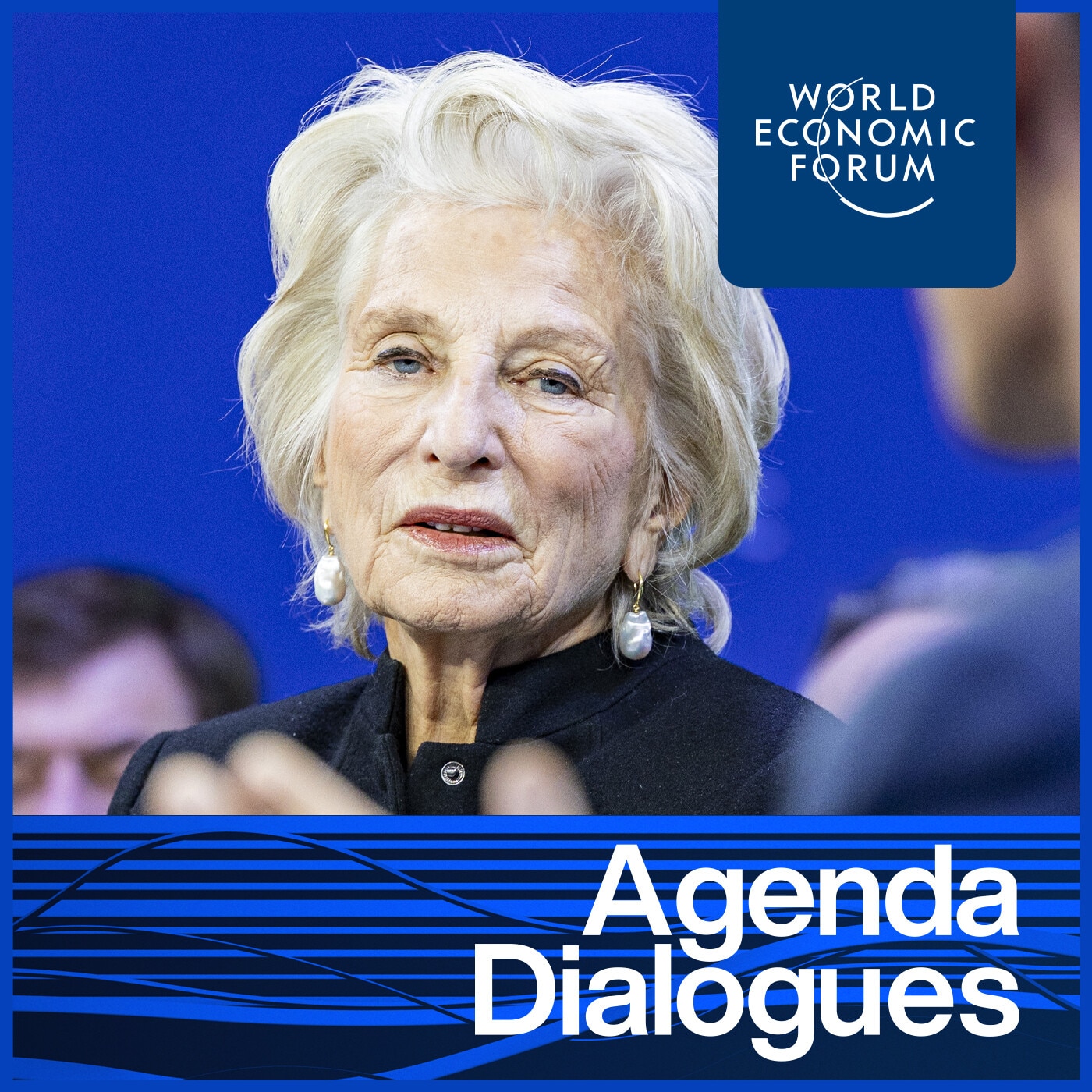
Davos 2026: Geopolitical Risks Outlook for 2026
• 47 mins
As geopolitical tensions intensify, security considerations are reshaping economic policy, production and fiscal priorities worldwide. This session explores how governments are adapting to an era defined by conflict risk and strategic competition. How can economies meet rising security demands without sacrificing long-term growth and stability? This is the full audio from a session at the Annual Meeting 2026 in Davos.
• 47 mins
As geopolitical tensions intensify, security considerations are reshaping economic policy, production and fiscal priorities worldwide. This session explores how governments are adapting to an era defined by conflict risk and strategic competition. How can economies meet rising security demands without sacrificing long-term growth and stability? This is the full audio from a session at the Annual Meeting 2026 in Davos.
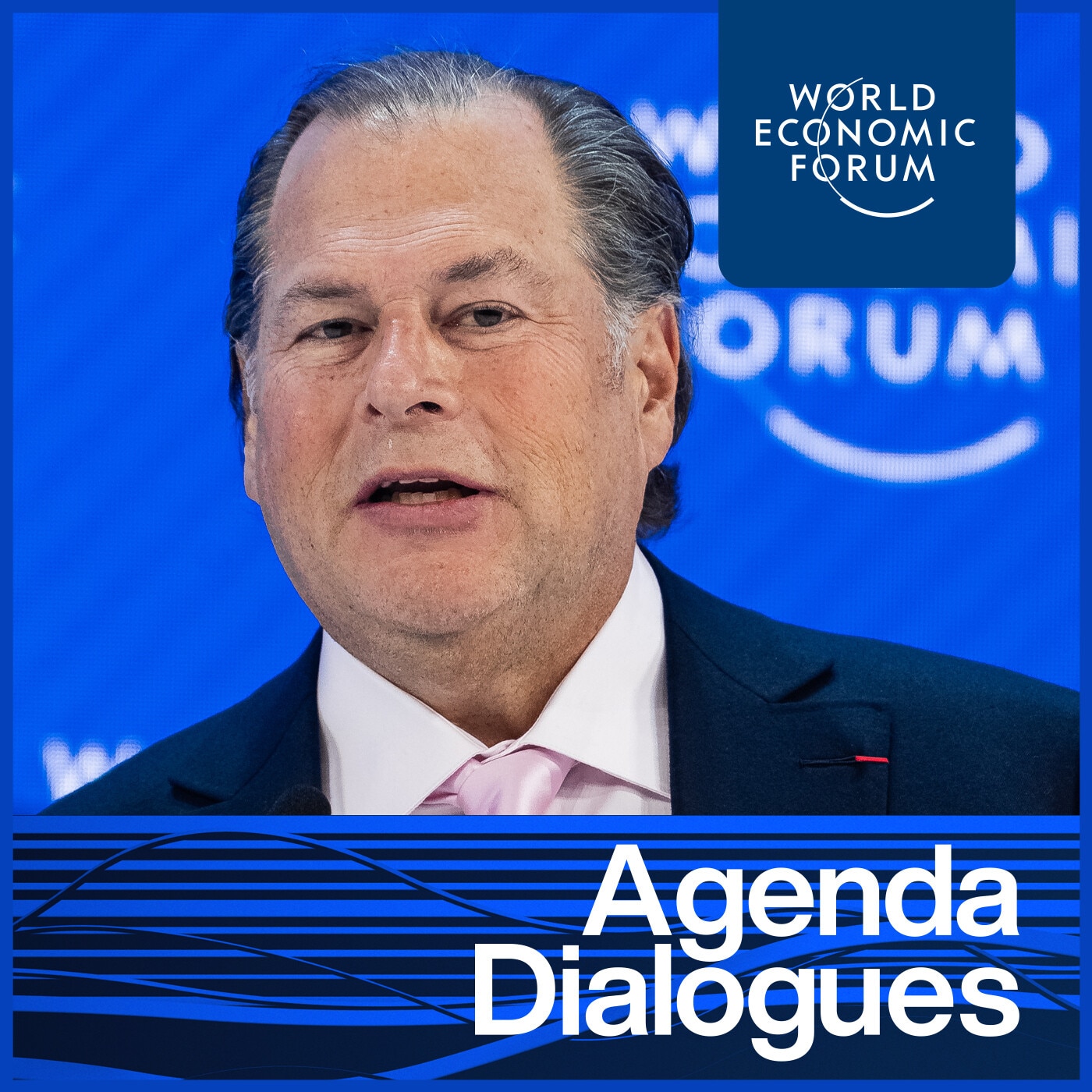
Davos 2026: Where Can New Growth Come From?
• 45 mins
An unpredictable operating environment is weighting on global growth and traditional engines such as trade are expected to expand by just 0.9% in 2025. With debt-to-GDP reaching a record 95%, there is increasingly limited space for leaders to make drastic policy and operational changes. At the same time, AI is emerging as a key driver of growth in some economies, improving productivity, enabling new business models and accelerating innovation across industries. What will be the new sources of growth and how can we ensure that the benefits are shared broadly?
• 45 mins
An unpredictable operating environment is weighting on global growth and traditional engines such as trade are expected to expand by just 0.9% in 2025. With debt-to-GDP reaching a record 95%, there is increasingly limited space for leaders to make drastic policy and operational changes. At the same time, AI is emerging as a key driver of growth in some economies, improving productivity, enabling new business models and accelerating innovation across industries. What will be the new sources of growth and how can we ensure that the benefits are shared broadly?
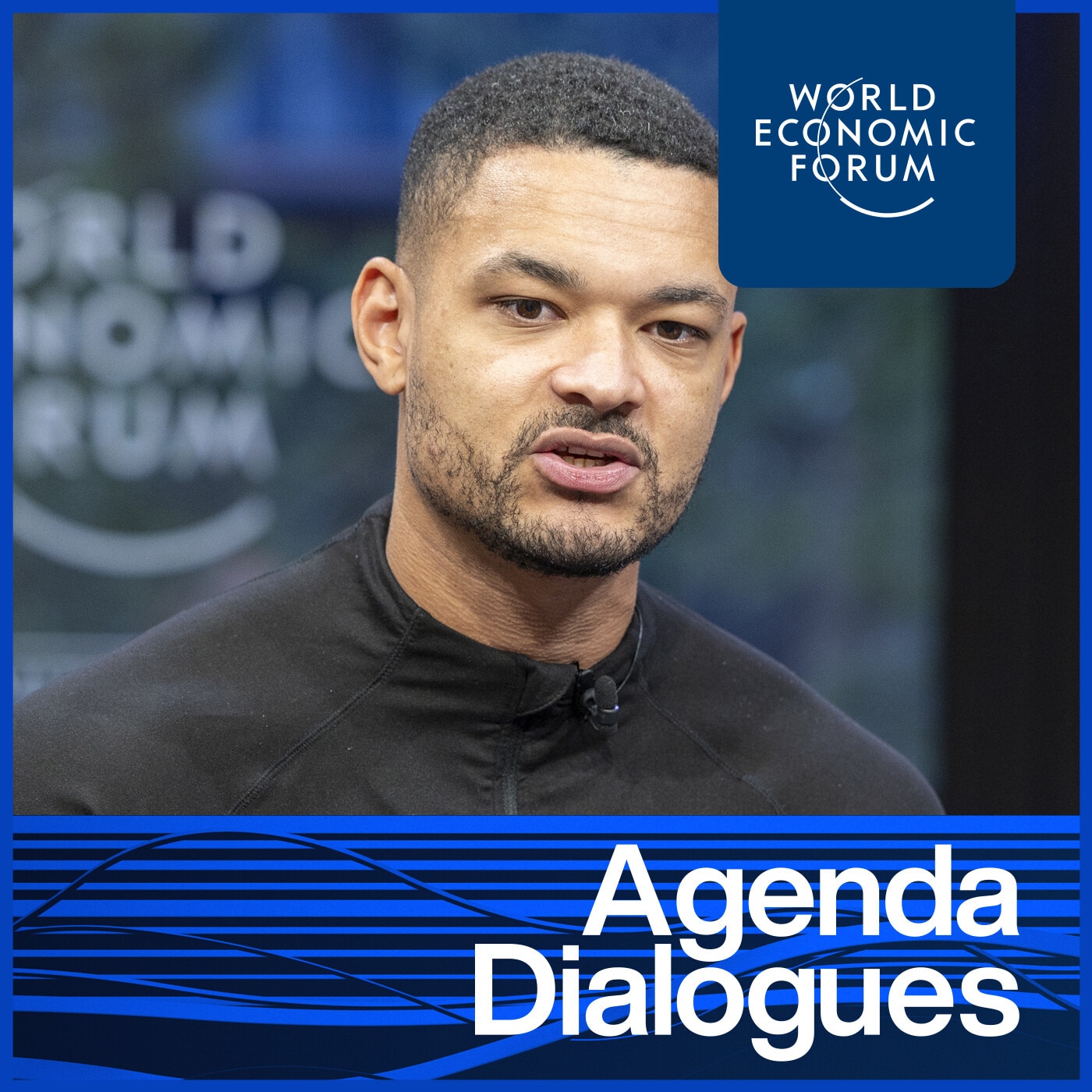
Davos 2026: What it Takes to Build
• 46 mins
In an era where competition among rivals can quickly veer towards consolidation into giants, founders and entrepreneurs can struggle to align their vision with strategy while also scaling for growth. This is the full audio from a session at the Annual Meeting 2026 in Davos.
• 46 mins
In an era where competition among rivals can quickly veer towards consolidation into giants, founders and entrepreneurs can struggle to align their vision with strategy while also scaling for growth. This is the full audio from a session at the Annual Meeting 2026 in Davos.
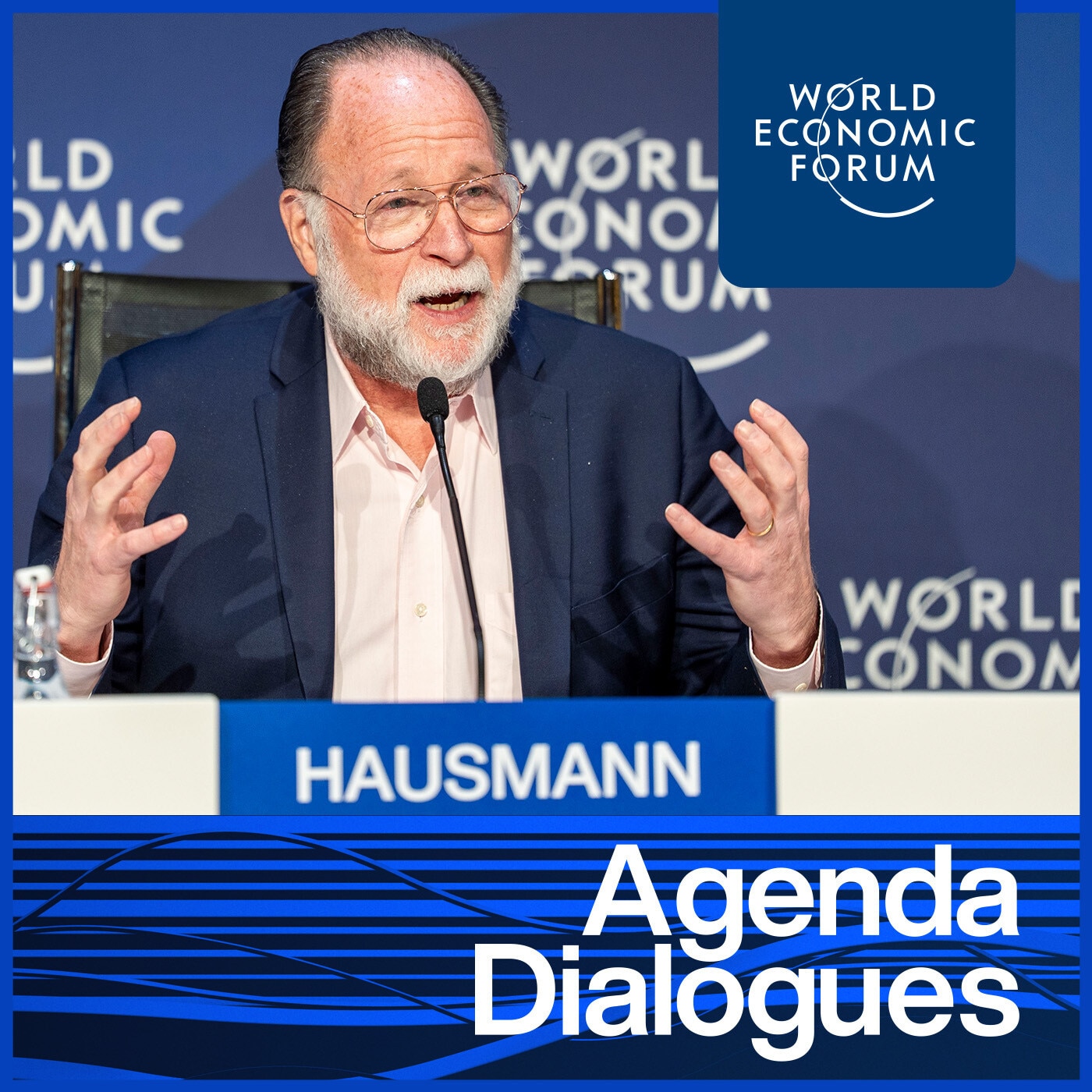
Davos 2026: Venezuela: What Next?
• 45 mins
Recent developments in Venezuela are likely to impact the country's economic trajectory with regional and global implications. Join an experts' discussion to unpack the impact of these changes and the potential paths forward. Speakers: c, Jeffry A. Frieden, Jason Bordoff, Sir Robin Niblett, Ngaire Woods This session was recorded at the Annual Meeting in Davos Switzerland, 23 January, 2026. About this session: Watch the livestream of this session here: https://www.weforum.org/meetings/world-economic-forum-annual-meeting-2026/sessions/venezuela-what-next/
• 45 mins
Recent developments in Venezuela are likely to impact the country's economic trajectory with regional and global implications. Join an experts' discussion to unpack the impact of these changes and the potential paths forward. Speakers: c, Jeffry A. Frieden, Jason Bordoff, Sir Robin Niblett, Ngaire Woods This session was recorded at the Annual Meeting in Davos Switzerland, 23 January, 2026. About this session: Watch the livestream of this session here: https://www.weforum.org/meetings/world-economic-forum-annual-meeting-2026/sessions/venezuela-what-next/
